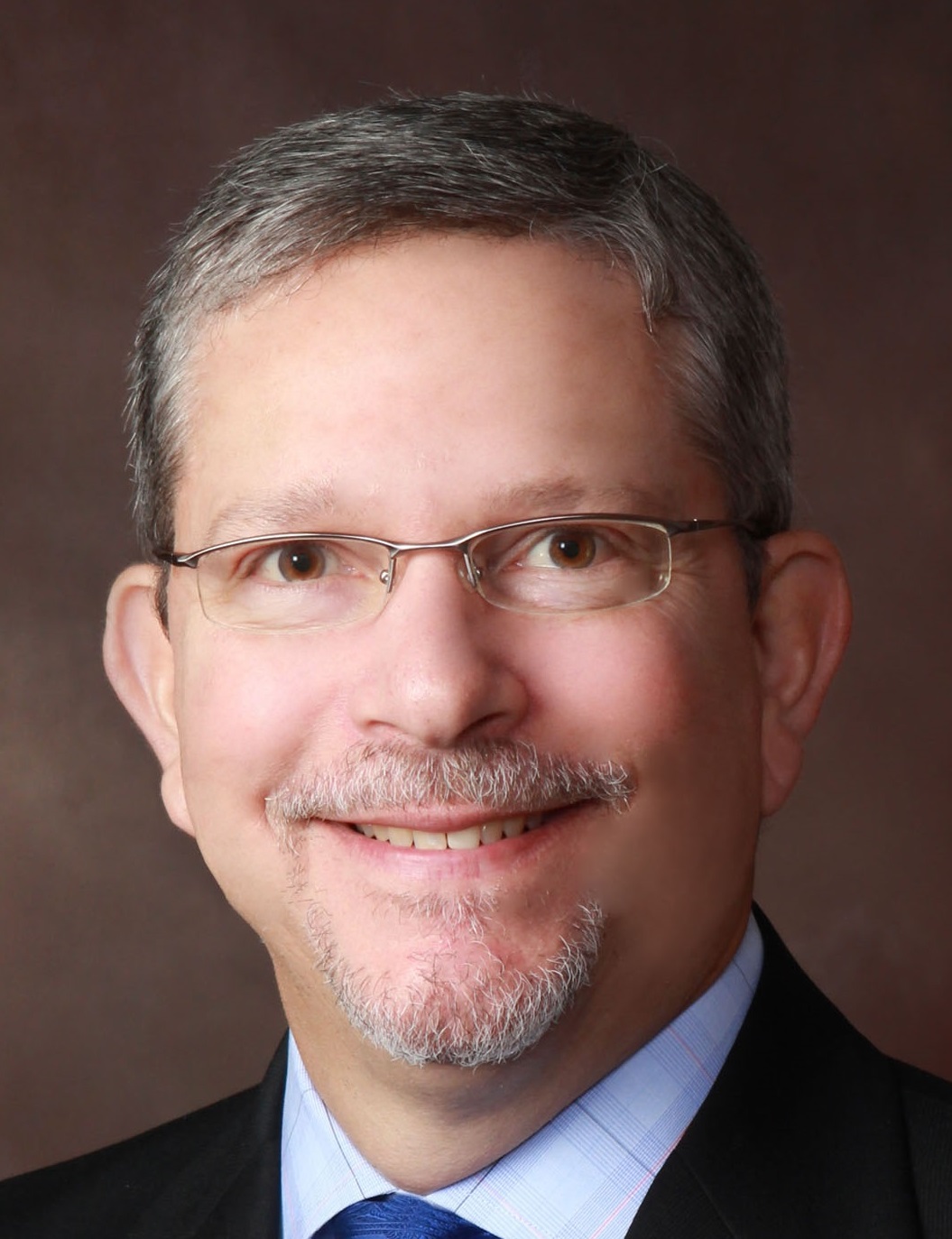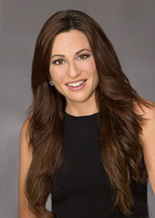Five Questions for: David Landsberg
The CEO and President of Goodwill South Florida Heads an Economic Engine Specializing in Social Enterprise


David Landsberg is the President and CEO of Goodwill Industries South Florida, a non-profit organization known largely for its stores and donation centers. But Goodwill is itself an economic engine for the region, comprising four unique businesses and a vocational training center. Goodwill helps people with disabilities and other barriers gain employability skills and later secures jobs in one of the four major industries it operates: the donated goods and retail business, apparel and flag manufacturing, custodial services and a hospital laundering facility. Goodwill South Florida today employs 3100 people and is South Florida’s 17th largest local, private employer.
Landsberg, for his part, is overseeing the operation after serving on Goodwill’s board of directors for 18 years. Landsberg is a proven business leader and a 30-year veteran of the newspaper industry, most recently serving as president and publisher of the Miami Herald Media Company. A Miami native, Landsberg was raised in Coral Gables and attended Coral Gables High School. He graduated from University of Florida with a finance degree, earned an MBA from the University of Miami and completed the Advanced Management Program at the Harvard Business School. He sat down with SocialMiami editor Brett Graff, who got his answers to five questions…
How much of what Goodwill does in Miami – it’s an international organization — is decided locally?
Goodwill International is not a top down organization, we’re a local non-profit. Most national organizations open a Miami office, but Goodwill opened as a local one. Goodwill International manages the brand, shares best practices, and advocates for us in DC. But it’s not leading us or receiving the funds we generate in South Florida. We are a membership organization.
There are 158 Goodwill operations in the country and if in Miami we were occupying our space relative to our size, we’d be about the 20th largest – New York, Los Angeles, Chicago and Houston are all larger cities. But we’re the 7th largest Goodwill. We’re not by any means the oldest, but we are the most entrepreneurial.
What kind of innovative practices do you employ?
We are more high touch than high tech, we’re dealing with a demographic that’s struggling. To this day, it’s very difficult to place people with disabilities in private industry, as you can imagine, the employers must be confident the job will get done and they worry about having to make accommodations. We knew that if we were going to employ people with disabilities, we would have to start businesses that are ideal for hiring people with disabilities. We have to deliver like a business would, to offer a good quality at a good price. We have to keep the customer happy and keep people with disabilities employed.
How do you decide what businesses to start?
We look for businesses that are labor intensive and ones good for people with disabilities to work. We aim to occupy a niche in a market and our mission is job growth. I spend my time figuring out how to make this organization sustainable for a long, long time. In my short five years, it grew by 600 positions and 75 percent of them are filled by people with disabilities. Can you imagine the psychological rewards?
What are some business benefits that are not immediately obvious?
It means that 96 percent of funding comes from our own entrepreneurial activities. And we’re proud of how we spend the money, because 95 percent goes to program expense and only 5 percent for management, overhead and support services. To be at those levels is amazing, that’s a US best practice, and we’re super proud.
Are there any new business models you’re considering?
Let’s say it’s going to leverage off the apparel business, we’re a huge apparel provider of the US military, they’ll ask for a set of services wider than cutting and sewing, so we’re developing a fifth business that’s oriented around apparel – it’s going to be, we’ll end up expanding into apparel logistics.
We have to cheat and add a sixth question: Do you have a favorite success story?
I walk the plant every day and I have many favorites. Milena is roughly 50 years old and lives with two adult sons. In 1992 she came from Nicaragua and got political asylum and work status but her husband was an abusive, alcoholic. She had no idea what to do for work, suffered from emotional instability and depression. She had two small children, no skills, no transportation, she couldn’t speak English and she was probably also illiterate in Spanish. She had high anxiety low stress tolerance, and she was severely disadvantaged. She interviewed with us – she found out by word of mouth, as 50 percent of people do– and we gave her a shot at sewing the American Flag. She got some income, helped her family, and went from not being able to sew to making above average flags. She learns to drive, buys a car, commits herself to counseling, gains confidence, and puts an end to abusive marriage, and she starts moving up in sewing skills. She takes English classes, and then becomes a trainer, doing so well that today she’s a quality control supervisor – overseeing a large group of people that had same disadvantages and helping them become successful.

Brett Graff is SocialMiami.com’s managing editor and has been a journalist covering money, people and power for over 20 years. Graff contributes to national media outlets including Reuters, Glamour, Harper’s Bazaar, Maxim, and the PBS show, Nightly Business Report. A former U.S. government economist, her nationally syndicated column The Home Economist is first published in The Miami Herald and then on the Tribune Content Agency, where it’s available to over 400 publications nationwide. She is broadcast weekly on two iHeartRadio news shows and is the author of “Not Buying It: Stop Overspending & Start Raising Happier, Healthier, More Successful Kids,” a parenting guide for people who might be tempted to buy their children the very obstacles they’re trying to avoid.


